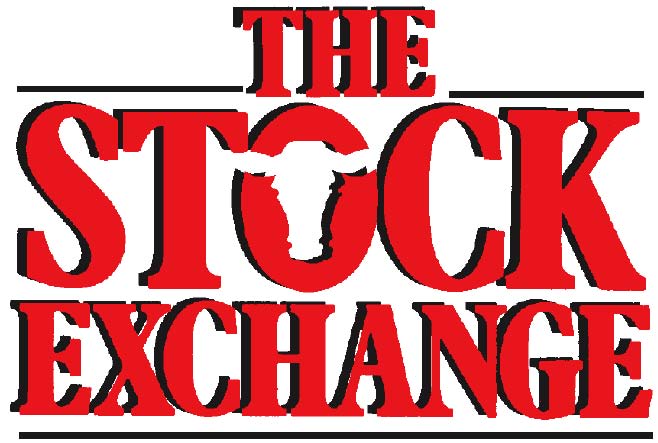K-State, KDA offer produce safety training
Growers can attend at one of three sites MANHATTAN, Kan. – K-State Research and Extension and the Kansas Department of Agriculture have set dates for three upcoming workshops focused on food safety training for fresh produce growers. The training is designed to familiarize commercial fruit, vegetable and herb growers with compliance parameters under the Food Safety Modernization Act, signed into law in 2011. The workshops are Nov. 8 in Parsons, Kansas; Nov. 15…
